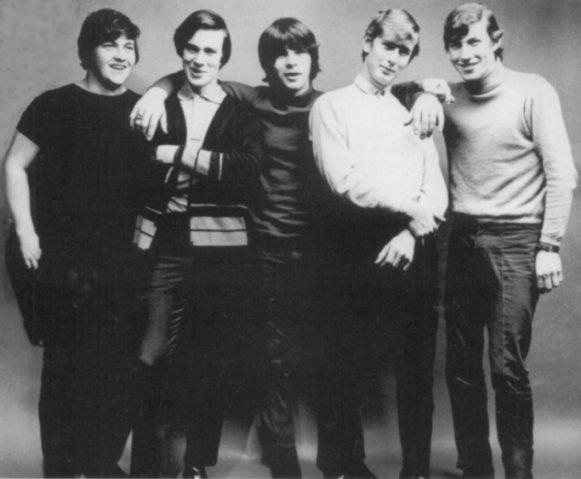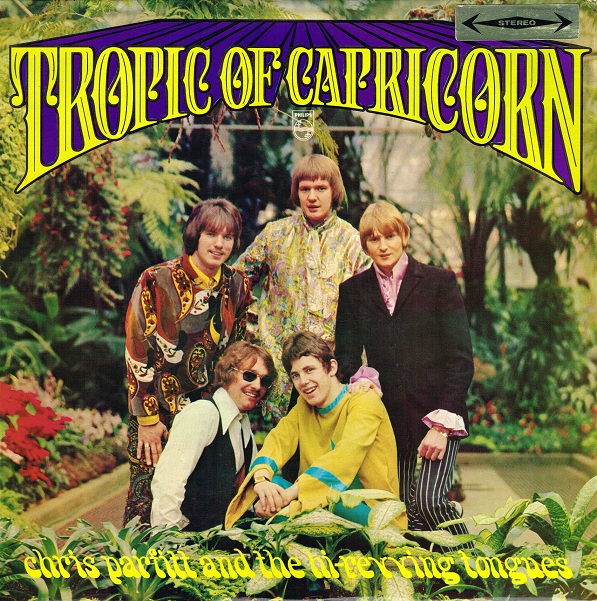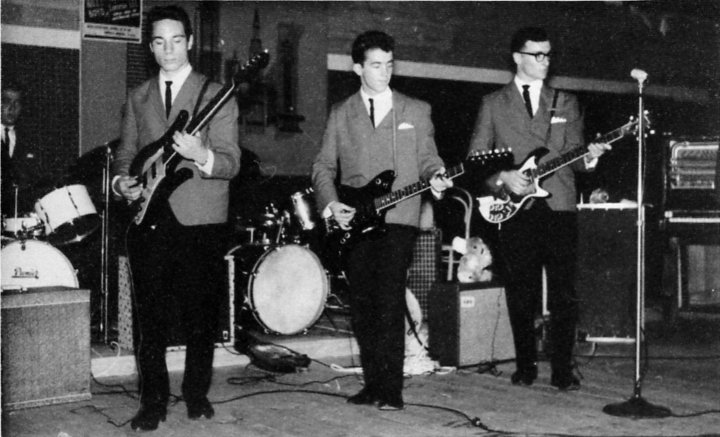(Auckland 1989)
I’m in a pretty good place. In my two years managing 89FM we have taken the station from seventh to first place in the ratings and are sitting firmly in the No1 spot. For the first time in my life I’m financially positive and JT and I have decided to marry.
However, deep down I’m restless and ready for a new business challenge. After seven hard years in radio I don’t see managing radio stations as my ongoing “fix”.
Out of the blue I get a phone call from someone I don’t know, Michael Dunlop, the Director of Sales and Marketing at TVNZ; he wants to have lunch to discuss a job opportunity. We meet at Harbourside Restaurant and with Michael is Harold Anderson, TVNZ’s Director of Programmes.

Michael is outgoing, enthusiastic and says TVNZ CEO Julian Mounter wants me to join them as Programme Marketing Manager. TV3 are starting up later in the year and they are impressed with the way I have marketed 89FM and before that Radio Hauraki. They want someone coming from outside TV to promote their programmes and assist in making the place a ratings powerhouse to dominate TV3. In short they wanted an aggressive bastard for this new position.
Harold is silent and glum; his body language leads me to believe he is not on board with the idea.
I tell them both that I don't know anything about television and perhaps I’m the wrong guy. But Michael insists and asks me to think it over and give him a call.
On hearing of the idea it had no interest for me, but Michael’s passionate selling had sparked an excitement and I could feel a growing enthusiasm. I said to JT that it was obvious that it was Michael and Julian Mounter who wanted me on board, but not Harold. As I would report to Harold his attitude could result in difficulties for me. However, I decided to “have a go”
I phone Michael and arrange to meet with Harold to discuss terms. On arriving at Harold’s office he is not there and my negotiations take place with an HR person. We agree terms and they want me to start just as soon as my notice period with 89FM is effective. But I can’t do that; JT and I are about to have a quiet wedding and take off on a six weeks honeymoon to the USA, Hong Kong and Europe. So I don’t start until May.
On my first day at TVNZ I go to Harold’s office to get my brief and again find he is not there: his secretary tells me where my office is and that becomes the sum total of my job description.
The office has a desk, a chair and a phone and that’s it. From asking around I determine that I have a large number of people reporting to me, including the on air promotions and presentation teams.
I need a PA; someone I can trust and whom I know has the good public relations skills required to find out for me the “good guys”, the “bad guys” and where the power lays in this huge organization. No one here knows JT; she has the required skills and has kept her own name, so I hire her.
JT does her job superbly and very quickly is liked and trusted by a wide range of staff and I’m getting back great intelligence; this enables me to begin getting the job done.
Harold seldom appears so I just soldier on and create my own job description and begin to “make change”.
The tentative replacement is Ron Haynes a retired and highly skilled ex Channel 9 Australian programmer and following him is Ross Plapp, also ex Channel 9. Both men mentor me and teach me their skills and when Ross goes back to Channel 9 I’m chosen to replace him as TVNZ’s Director of Programmes.
THE BOSS WHO NEVER WAS, Harold Anderson, became Sky TV’s Director of Programmes and as TVNZ has part ownership of Sky, he and I are in regular discussions, much more than we ever had when he was my boss at TVNZ.
As for JT being my PA, all good things do come to an end. Julian Mounter calls me up one day for a meeting and with some embarrassment says that I had been seen at Les Mills being “very familiar” with my PA and asked if was I having an intimate relationship with JT.
“Yes”, I replied “and it has been going on for some time”.
Julian looked shocked and angry.
I then explained JT and I were married and why I had hired her. Julian broke into a fit of relieved laughter, but that however was the end of JT’s PA career at TVNZ.













